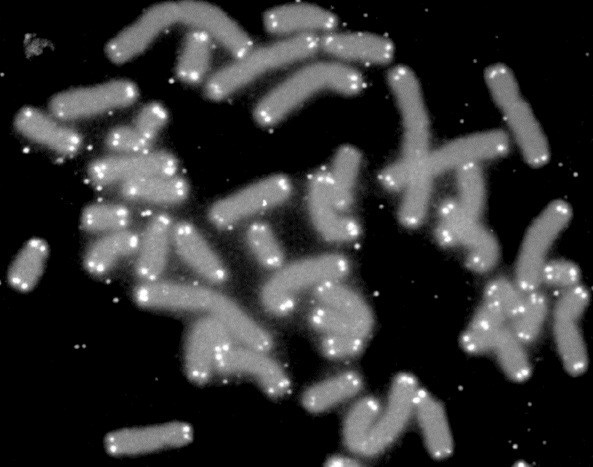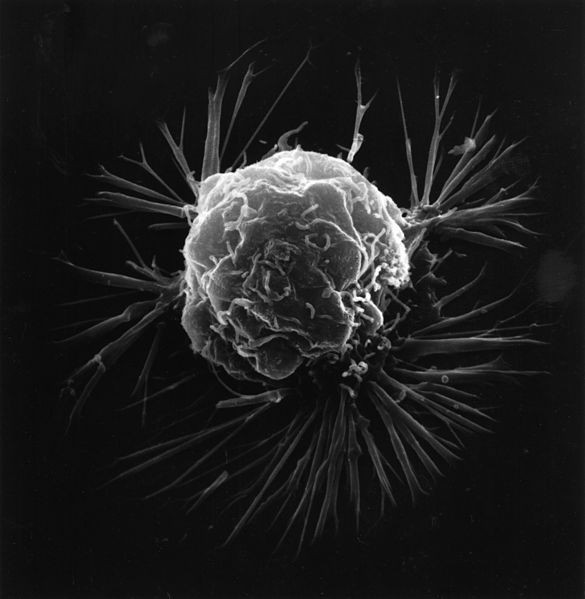Is Fountain of Youth Enzyme the Key to Defeating Cancer?

An enzyme known as the fountain of youth has been successfully mapped for the first time, potentially leading to effective cancer treatments.
Telomerase is an enzyme that has a rejuvenating effect on normal cell aging. In 2010, the journal Nature said it has the potential to reverse or slow the aging process in humans.
However, it also plays an important role in cancer development. Scientists from across the globe took part in the largest ever research project in cancer genetics to find out more about telomerase and the role it plays in tumour development.
Human bodies consist of fifty trillion cells all with 46 chromosomes. Telomerase is the enzyme that creates telomeres, which protect the ends of all chromosomes in the same way a plastic sheath protects the end of a shoe lace.
Every time a cell divides - in order to grow - the telomeres become a little shorter until eventually they are too small to protect the chromosomes. When this happens, cells become old and die, which results in aging.
Published in Nature Genetics, the researchers say their findings are a step forward in the fight against cancer.
The research showed that telomerase re-lengthens the telomeres so they are the same length before cells divide.
Explaining the telomerase, the researchers said each cell in the human body has a "multi-ride" ticket, and each time a cell divides, it uses up one telomere ride - once there are no more rides left the cell will "retire".

However, some special cells in the body can activate telomerase so it can continue to lengthen the telomeres.
Lead scientist Stig E Bojesen, said: "We have discovered that differences in the telomeric gene are associated both with the risk of various cancers and with the length of the telomeres.
"The surprising finding was that the variants that caused the diseases were not the same as the ones which changed the length of the telomeres. This suggests that telomerase plays a far more complex role than previously assumed."
Sex cells and stem cells are able to reactivate telomerase because they have to divide more than normal cells.
However, cancer cells have also "discovered the trick" and are able to produce more telomerase, keeping themselves artificially young and essentially immortal.
Scientists believe that by mapping telomerase, they will be able to improve the identification rate and treatment of cancer.
Bojesen said: "A gene is like a country. As you map it, you can see what is going on in the various cities. One of the cities in what could be called Telomerase Land determines whether you develop breast cancer or ovarian cancer, while other parts of the gene determine the length of the telomeres.
"Mapping telomerase is therefore an important step towards being able to predict the risk of developing different cancers. In summary, our findings are very surprising and point in many directions. But as is the case with all good research, our work provides many answers but leaves even more questions."
© Copyright IBTimes 2024. All rights reserved.







